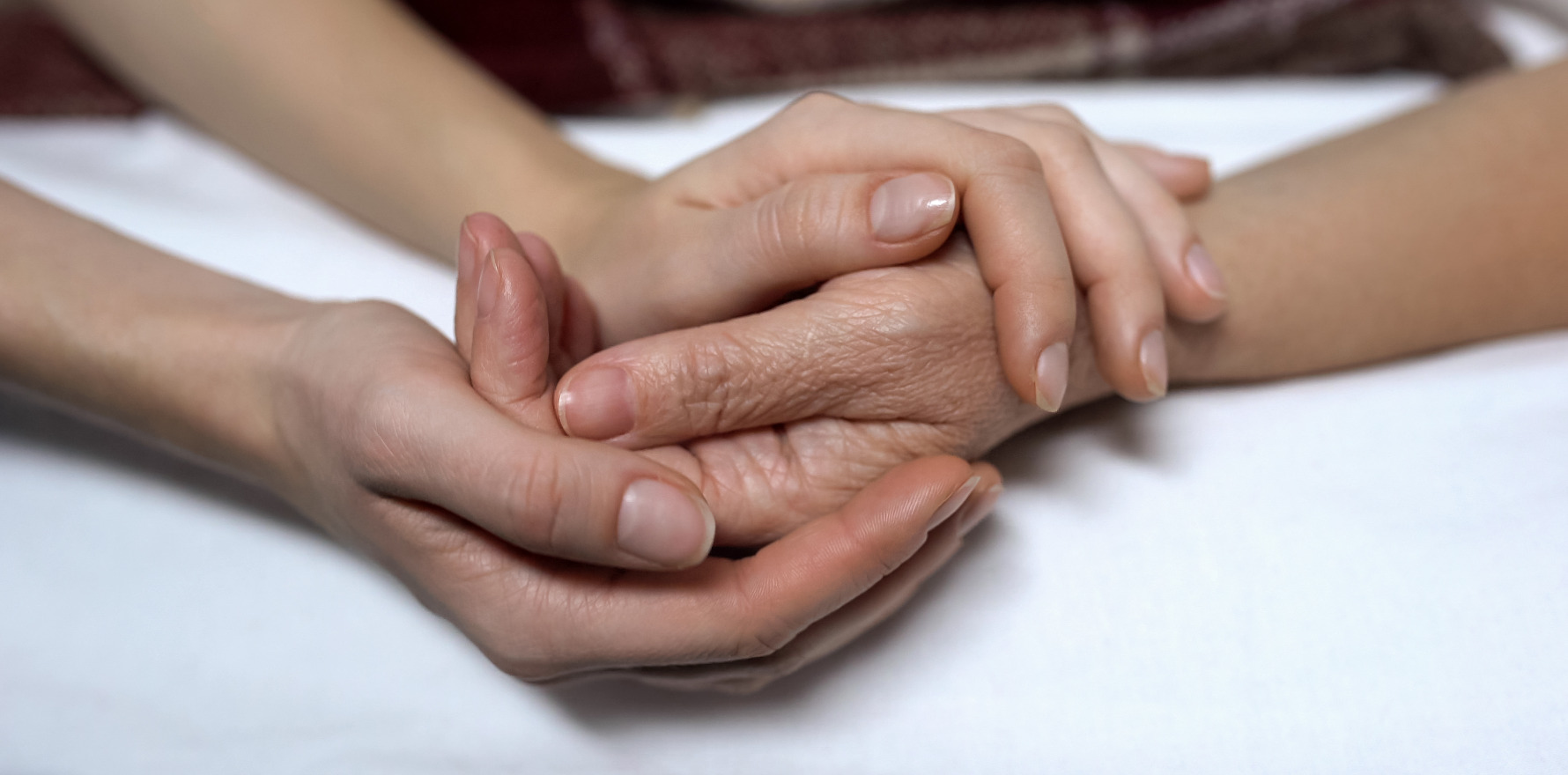The small changes will make the world of difference to patients and their GPs trying to help them access voluntary assisted dying, says Go Gentle Australia.
The CEO of advocacy group Go Gentle Australia has called the Commonwealth ban on the use of electronic communications when providing voluntary assisted dying to terminally ill Australians “the antithesis of good clinical care”.
Today Go Gentle released its 2025 federal election priorities and amending the Commonwealth Criminal Code to remove “outdated provisions” about telehealth and other electronic communications is top of the group’s wishlist.
“The Commonwealth ban on telehealth and other electronic communications is the antithesis of good clinical care,” said Dr Linda Swan.
“It is cruel and disadvantages people who are unable to travel for in-person consultations due to the complexity of their medical condition or because they live in a rural or remote area.”
Emma Hargreaves, whose father Terry was not able to access VAD when he wanted it, said having the availability of telehealth would have prevented him suffering in his final days.
Terry was too sick to travel to an in-person appointment to be assessed by a specialist. He spent his last days agitated and distressed, denied the peaceful death he sought.
“If telehealth had been an option, it would have made an enormous difference. It could have changed the outcome and, most importantly, empowered my dad in his final moments,” said his daughter.
Lifting the telehealth ban is one of three changes Go Gentle wants politicians to commit to, this election season.
“Without these changes – which can be achieved for low or no cost – people at the end-of-life will continue to suffer needlessly,” Dr Swan said.
Related
The second change needs to be to the rules around reimbursement of GPs and other VAD physicians.
The current MBS Explanatory Notes prohibit reimbursement for “euthanasia and any service directly related to the procedure”, meaning VAD practitioners are essentially doing the work for free.
“This is outdated language and means that a VAD-trained GP cannot claim for the work they do in the administration of the VAD substance,” Dr Swan said.
“Some doctors decide offering VAD services is just too hard. We need the next government to act fast to stop the workforce depleting and impacting patient care.”
The third change Go Gentle is asking for is for VAD to included in the definition of end-of-life care.
“Language matters,” said Dr Swan.
“Leaving VAD out of federal definitions of end-of-life care amplifies and justifies the different treatment and stigma that dying people face when they seek VAD.
“The impact is also felt by families, carers and the professionals providing VAD care.
“Voluntary assisted dying is now legal in every state and soon the ACT. It enables terminally ill adults to ask a doctor for help to end their life, provided they meet strict eligibility criteria.
“It’s time for federal regulation and legislation to keep up to date with these reforms.”
Go Gentle Australia’s fill federal election wishlist can be read here.





